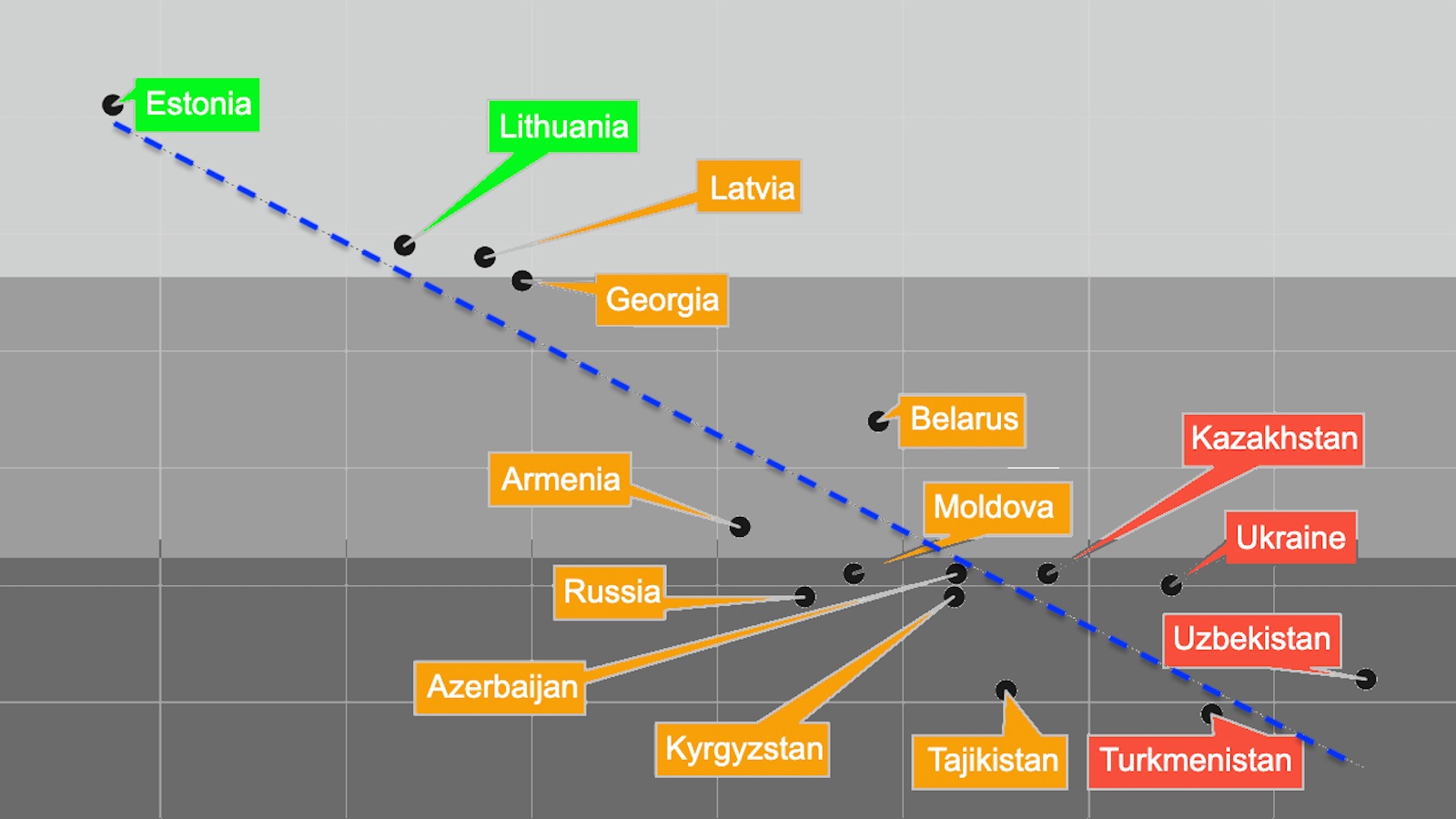Daniel Koretz sees a problem when the system places skilled teachers in the schools that least need them.
Daniel Koretz:
There are hard data on this that teaching has become a less appealing field for a lot of people. That’s, I think, an overwhelmingly important problem particularly when we’re concerned about equity because most districts are set up have hirings, have personnel systems in which the better teachers are able to get themselves into the schools where there are at some sense least needed. So that’s, I think, one of the most serious problems. The second is a failure to deal with things outside of school that inhibit achievement. Some of that is preschool. Some of it is not. Some of it is harder for policy makers to deal with. But when we have media and pure culture that are not supporter of academic achievement, we’re going to get less than we otherwise would. [Margaret Mead] many, many years ago said that children don’t need to respond to what their culture rewards, they just need to find out what it is. And if we don’t make academic achievement something that is really esteemed, then we’re just going to get a lot less of it. There has been some movement in that regard. I think, there are, for instance, TV shows that glorify smart people, there aren’t many but there are few. But a lot of places in the United States, it’s still more important for a kid’s self-esteem to do well in a sport than to do well in school and certainly more important than to do well in mathematics, for example. So as long as we maintain those attitudes, we’re going to get kids who say it really isn’t important to learn the skills the policy makers are correctly saying are important for our national well-being.





